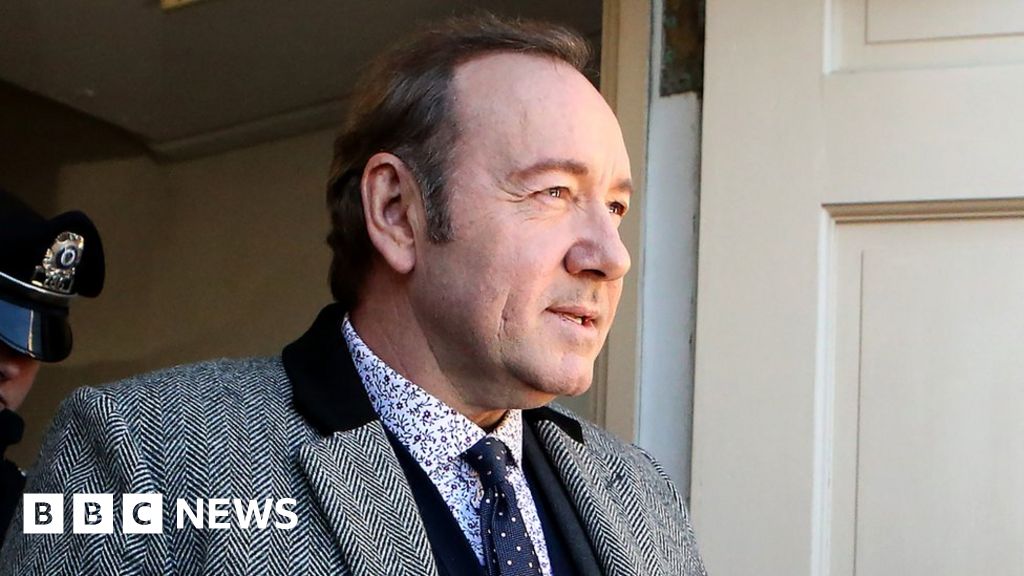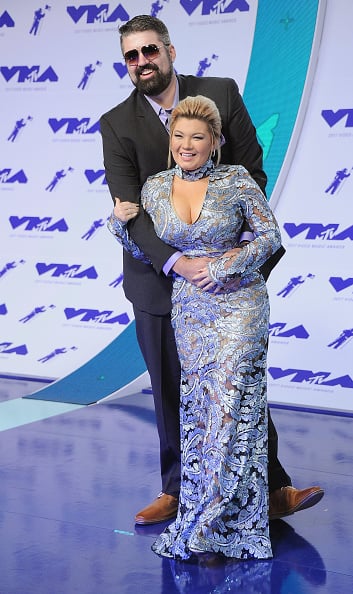The Mind Flayer is back, Hawkins has a shiny new mall, and the kids have to confront puberty: Stranger Things has never been scarier. Throughout the Fourth of July weekend, The Ringer will be covering all the happenings in Stranger Things’ third season with episodic breakdowns highlighting the biggest scenes, themes, and character moments. Below, we dive into Season 3’s eighth and final episode, “The Battle of Starcourt.”
Between its interdimensional monsters and the stress-inducing trials of growing up, Stranger Things is unquestionably a crowd-pleaser. The Emmy nominations the first season garnered were a welcome surprise, but the Duffer brothers seem to have a more vested interest in racking up entertaining set pieces, adorable kid moments, and myriad ’80s throwbacks. Dropping the third season on the Fourth of July, while the series simultaneously tracks the events around Independence Day in 1985, seems to affirm those intentions. Stranger Things’ third season has the look and feel of a summer blockbuster—and the first seven episodes lived up to that promise with fleshy monstrosities, zombie-like citizens, hot lifeguards, evil Russians, and a new mall so awash in neon lights it’d probably arouse Nicolas Winding Refn.
Bad things happen frequently in Hawkins, and characters do sometimes die (rest in power, Bob and Barb!); however, these moments don’t come at the expense of the show’s good vibes. But “The Battle of Starcourt” offers a devastating turning point for the series and its immediate future. With our ensemble cast siphoned off to take out the Mind Flayer once and for all, Chief Jim Hopper finds himself on the wrong side of the Russians’ Upside Down portal-opening device, which has gone haywire. Despite defeating the Russian Terminator in a gnarly fight sequence, he’s resigned to his fate—it’s the only way to stop the Mind Flayer. With a look of solemn acceptance, Hopper consents to Joyce’s destroying the machine, which incinerates him and anyone close to the wreckage in the process.
In a flash, Hopper—the show’s most compelling figure, the lord of dad-bods, and the very reason David Harbour has blossomed from a character actor into a full-blown star—is dead. While we don’t technically see Hopper die—and a post-credits scene in Russia makes the curious decision to note that the Russians hold an unseen “American” prisoner in a cell—the fact that the rest of the finale soaks in the post-Hopper pathos should alleviate any speculation that we’re looking at a Jon Snow–type situation. (But it’s worth stressing to the Duffers: Please don’t bring Hopper back from the dead!)
The decision to kill Hopper is bold and certainly antithetical to the erstwhile summer blockbuster thrills, but Stranger Things has never been more emotionally resonant. The ambitious storytelling choice is also indicative of the show’s own maturation process. In a tear-jerking voice-over—courtesy of a speech Hopper writes to Eleven about her ongoing makeout sessions with Mike, which Eleven later reads—Hopper delivers what amounts to the third season’s thesis statement: “I know you’re getting older. Growing. Changing. And I guess, if I’m being really honest, that’s what scares me. I don’t want things to change.” (Side note: Give David Harbour another Emmy nomination.)
Stranger Things couldn’t escape the inevitable growth of its young actors, and instead of trying to retain the charms of its earlier seasons—the games of Dungeons & Dragons, the Ghostbusters-themed group outings on Halloween—the series evolved along with them. That transitional phase left characters like Will Byers and Hopper, who struggled to handle Eleven’s natural teenage urges to make out with her boyfriend, yearning for the old days. Perhaps, on some level, the audience was too.
Hopper’s speech also touches on the other things that define the universal experience of growing up: making mistakes, learning from them, and understanding that change is an inescapable event to cherish, rather than avoid. It’s crushing that Hopper can’t share these moments with Eleven, who’s now lost the only paternal figure she’s ever had in her life. Their bond was strengthened by the trauma both endured in their lives—Eleven at Hawkins Lab; Hopper’s losing his daughter—and even though they spent most of the season at odds with one another, the mutual love and respect they shared was never in doubt.
But while watching Eleven lose Hopper is heartbreaking, the season does reach a touching resolution. She is moving in with the Byers clan, who’ve decided—quite understandably!—that they need a fresh start outside of Hawkins, the most cursed town on television since Buffy the Vampire Slayer’s Sunnydale. Elsewhere, Robin and Steve may no longer have a job at Scoops Ahoy—one of the downsides of Starcourt’s being ground zero for a climactic battle against the Mind Flayer—but they’ve both got a gig at the local video store, which could keep them stably employed until the very streaming site that this show exists on puts that store out of business. Max and Lucas are still going strong; it also turns out that Dustin’s science camp girlfriend, Suzie, is actually real; Jonathan and Nancy will give long distance a shot, along with Mike and Eleven. Everyone’s paths are diverging more than they’ve had all series, and Hopper’s death is more trauma for characters who’ve experienced an overwhelming amount of it. But you also get the impression all the kids are going to be fine because of the lessons derived from battling Upside Down creatures and the perpetually awkward stages of puberty.
With a fourth season almost assuredly on the way—the Duffer brothers have envisioned making four or five seasons, and there’s no way in hell Netflix will cancel this thing—Hopper’s death will likely seep into the show’s ethos far more than Barb’s or Bob’s ever did. Stranger Things now enters uncharted territory, with several protagonists moving outside of Hawkins, the allure of more nefarious Russian villains (they appeared to have captured the Demogorgon in the motherland!), and the void left by one of its most important and beloved characters.
It would’ve been easy for the Duffer brothers, who wrote and directed the finale, to coast on the familiar feelings of ’80s nostalgia throughout the third season—the thing that most highlighted the show’s massive appeal. But “The Battle of Starcourt” and its excellent, emotionally shattering coda make it clear the series will do its best moving forward to echo Hopper’s parting words. Change is a scary thing, and not all shows are equipped to handle big narrative and thematic developments. In not just reacting to the literal growth of its actors but actively establishing a future that shifts the status quo, Stranger Things is striving to do so anyway.
Let's block ads! (Why?)
https://www.theringer.com/tv/2019/7/6/20683166/stranger-things-season-3-episode-8-recap
2019-07-06 09:40:00Z
52780325773322





:no_upscale()/cdn.vox-cdn.com/uploads/chorus_asset/file/18283039/IMG_E7E96987C93A_1.jpeg)
:no_upscale()/cdn.vox-cdn.com/uploads/chorus_asset/file/18282948/IMG_121850E76F84_1.jpeg)
:no_upscale()/cdn.vox-cdn.com/uploads/chorus_asset/file/18283071/IMG_2003.jpg)